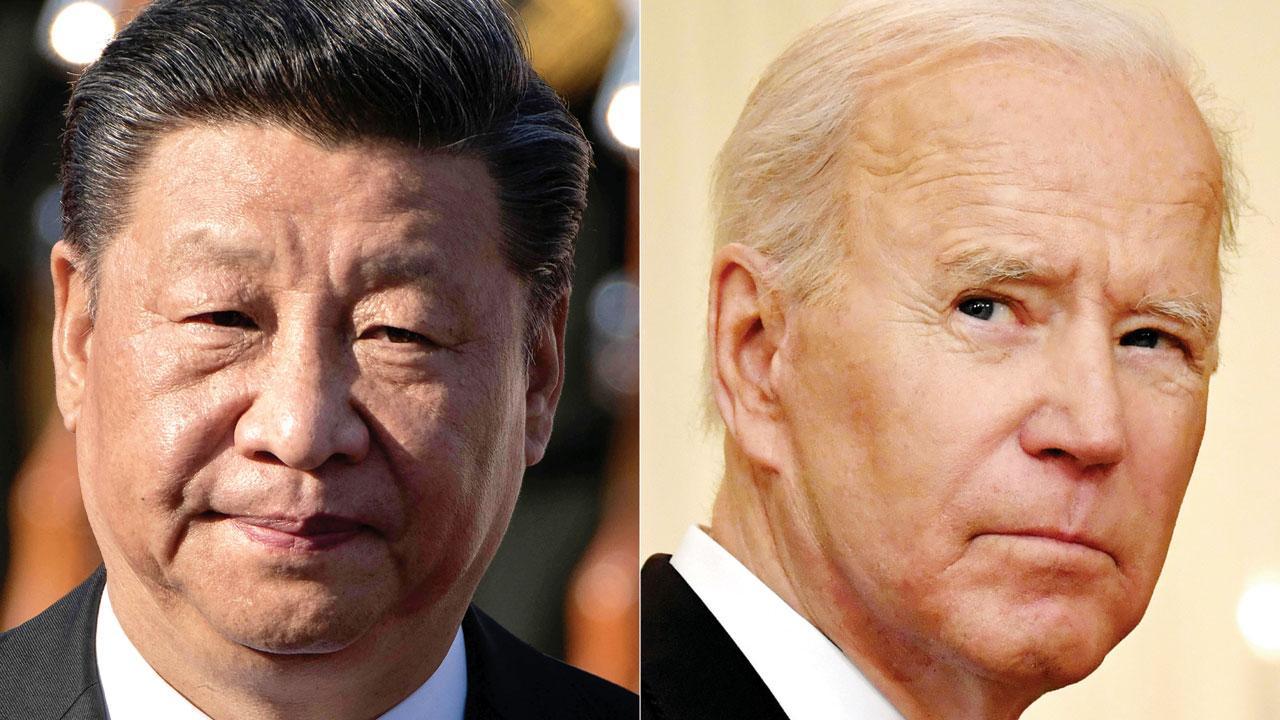The Foreign Affairs Committee of China’s ceremonial legislature, the National People’s Congress, issued a scathing statement on Wednesday expressing its “strong dissatisfaction and resolute opposition” to the US Innovation and Competition Act

Xi Jinping and Joe Biden
Beijing has denounced a US bill aimed at boosting American technology to improve its competitiveness, calling it a thinly veiled attack on China’s political system and an attempt to hinder its development.
ADVERTISEMENT
The Foreign Affairs Committee of China’s ceremonial legislature, the National People’s Congress, issued a scathing statement on Wednesday expressing its “strong dissatisfaction and resolute opposition” to the US Innovation and Competition Act.
The bill passed with overwhelming bipartisan support in the Senate on Tuesday. “This bill seeks to exaggerate and spread the so-called China threat to maintain global American hegemony, using human rights and religion as excuses to interfere in China’s domestic politics, and deprive China of its legitimate development rights,” the statement said.
“No force should expect that China will swallow any bitter fruit that harms China’s sovereignty, security or development interests,” it said. It echoed language used by President Xi Jinping, who has adopted an aggressive foreign policy that responds harshly to any perceived attacks on China’s reputation.
The statement also attacked provisions of the bill expressing support for Taiwan, the self-governing island democracy that China claims as its own territory; references to Hong Kong, where Beijing is accused of rolling back democracy; and criticism of Chinese policy in the northwestern territory of Xinjiang, the site of mass detentions of minority Muslim groups.
This story has been sourced from a third party syndicated feed, agencies. Mid-day accepts no responsibility or liability for its dependability, trustworthiness, reliability and data of the text. Mid-day management/mid-day.com reserves the sole right to alter, delete or remove (without notice) the content in its absolute discretion for any reason whatsoever
 Subscribe today by clicking the link and stay updated with the latest news!" Click here!
Subscribe today by clicking the link and stay updated with the latest news!" Click here!







